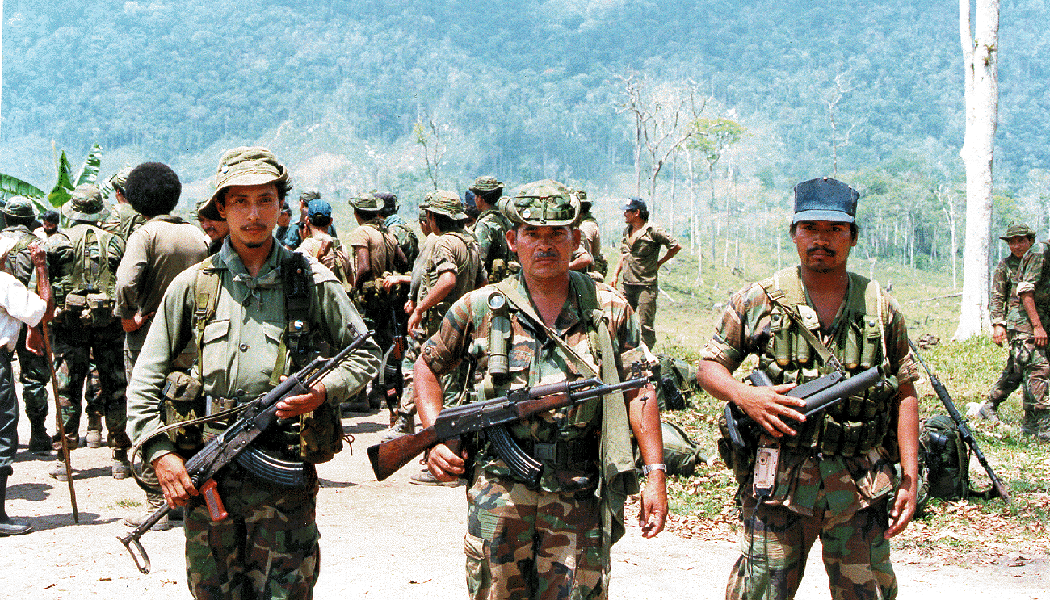The Reagan Administration’s foreign policy goals were hindered by congressional opposition to U.S. involvement in Nicaragua and Iran.
|
Following 1908 oil discoveries and a rise of Soviet influence, the U.S. sought to maintain friendly relations with Iran. Tensions arose when democratically-elected Mohammad Mosaddeq was overthrown by the CIA and the UK’s MI-6 in 1953 after nationalizing Iranian oil. Pro-U.S. Shah Mohammed Pahlavi was imposed but overthrown by 1979 after the Carter Administration failed to support his falling regime. When anti-U.S. Ayatollah Khomeini seized power, Iranian students took U.S. hostages until Reagan’s inauguration. |
|
|
The public didn’t favor foreign involvement either. The 1970s Watergate Scandal and the 1961 Bay of Pigs failure diminished public trust of government. Americans also opposed conflict after the bloodshed in Vietnam from 1965 to 1975. |
|
Personal Interview with Malcolm Byrne, Deputy Director of the National Security Archive
|
Header Images:
|
